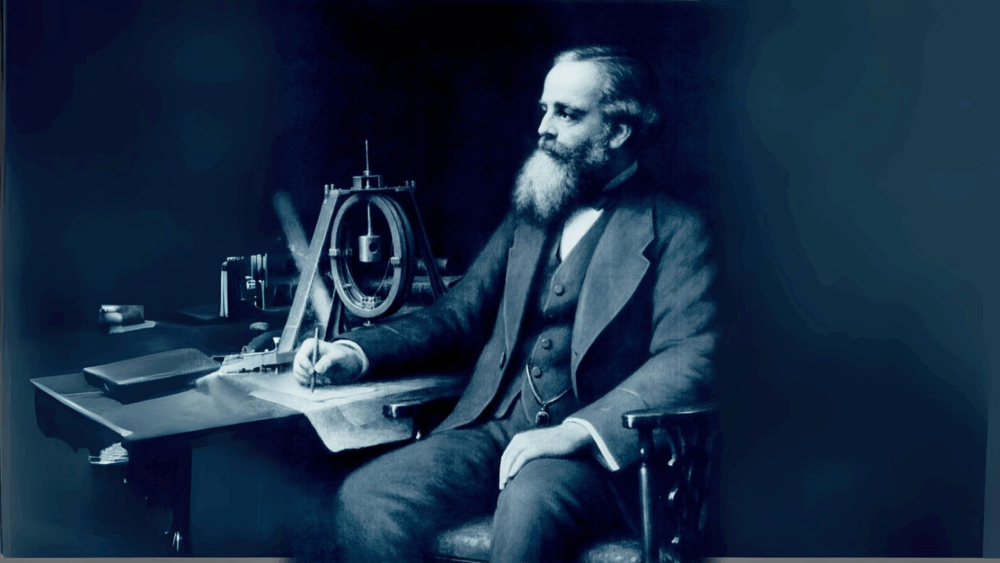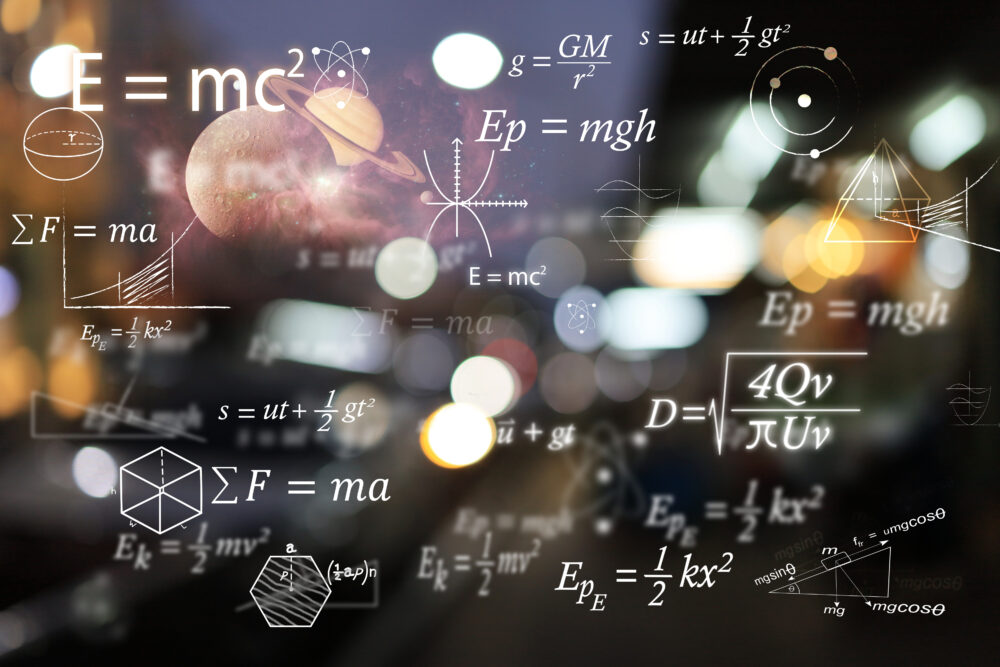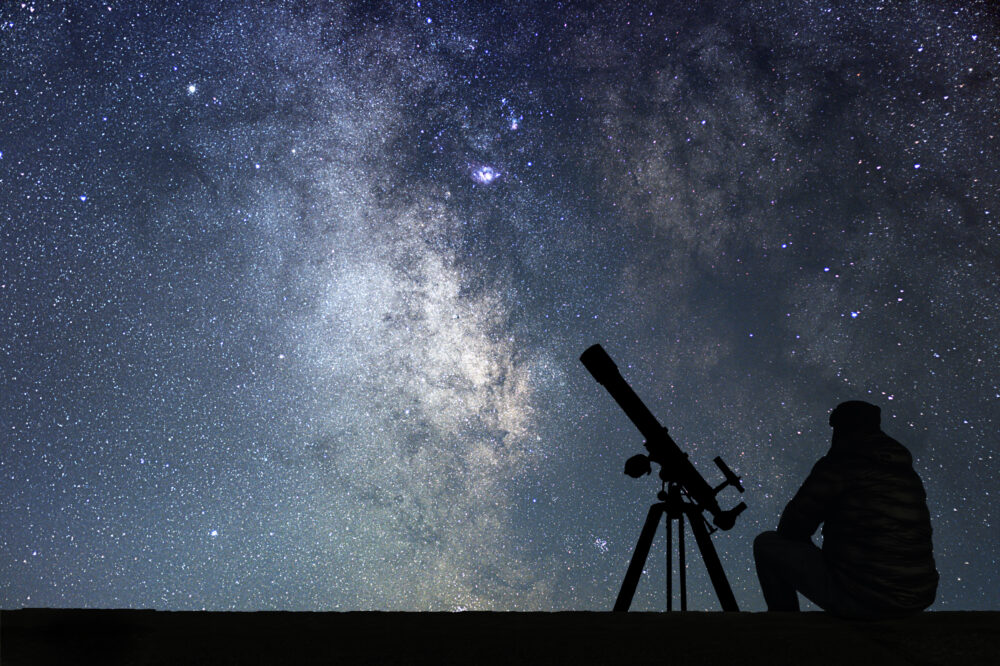


How to Train Up a New Generation of James Clerk Maxwells

Faith and Reason: A Profile of Mathematician James Clerk Maxwell

Physicist Eric Hedin: Information Processing as a Hallmark of Life

Why Life Is the Most Unnatural Thing in the Universe

Why The Multiverse Fails: More With Elie Feder and Aaron Zimmer
If a grand multiverse contains everything that’s possible, it ends up explaining nothing. On this ID The Future, physicist Brian Miller concludes his conversation with mathematician Elie Feder and physicist Aaron Zimmer, hosts of the Physics to God podcast, about their unique formulation of the fine-tuning argument and their rigorous examination of the multiverse hypothesis. In Part 2, Feder and Zimmer explain in detail three premises they use to critically evaluate the strength of multiverse theories. They contend that if a multiverse model posits infinite universes, each with their own different laws of nature, it’s a naive multiverse that hasn’t solved the fine-tuning problem. To properly evaluate multiverse proposals, a third premise is needed: one that can explain the typicality Read More ›

Stephen Meyer: Do Miracles Violate the Laws of Physics?

A Universe Charged with Meaning and Purpose

The Humble Origins of the Big Bang Theory
